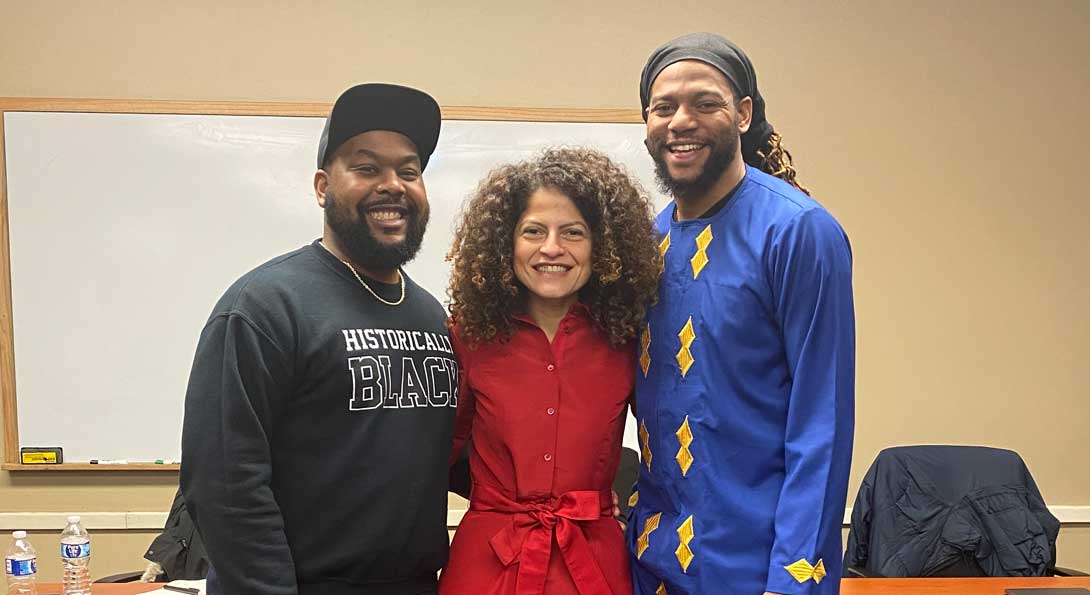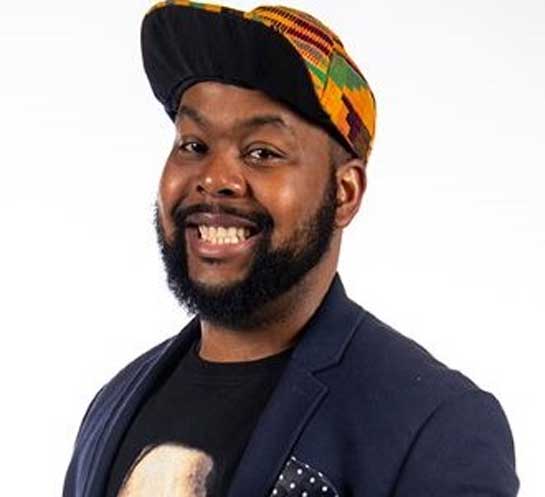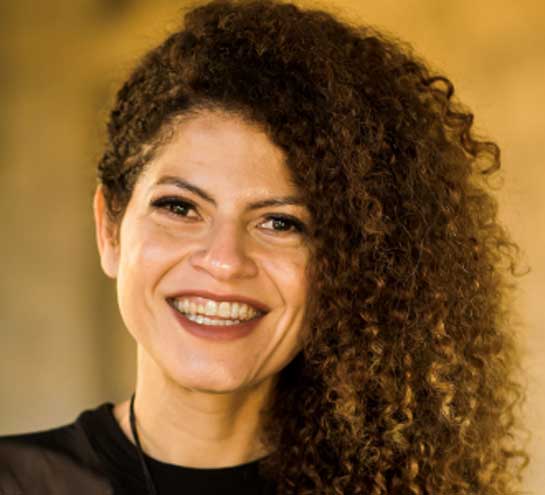College of Engineering Distinguished Lecture Series

Join us for a series of distinguished lecture talks and panel discussions relating to engineering education.
Lectures Heading link
-
Inclusive engineering education, Feb. 9, 2024

Our distinguished speakers will discuss the impact of social identities of historically minoritized engineering and science students on their educational experiences within science, technology, engineering, and math (STEM).
Terrell R. Morton
Assistant Professor of Identity and Justice in STEM Education
University of Illinois Chicago
Click here to view his presentation.
Bio
Dr. Terrell R. Morton is an Assistant Professor of Identity and Justice in STEM Education at the University of Illinois Chicago. He is an alumnus of North Carolina A&T State University (B.S. Chemistry), University of Miami (MS Neuroscience), and UNC Chapel Hill (Ph.D. Education – Learning Sciences and Psychological Studies). Dr. Morton identifies as a Scholar-Activist! His work strives to transform the positioning and understanding of Blackness in mainstream education, specifically STEM, seeking justice and joy for Black women, Black students, and other minoritized individuals given the social-cultural-political-historical positioning of their identities. He is an accomplished, emerging scholar, having published in an array of academic and lay spaces, given over 50 global and national talks and presentations, and obtained over $13 million in external grants. Through every endeavor, he strives to “walk it like he talks it.”
James Holly Jr.

James Holly Jr.
Assistant Professor of Mechanical Engineering
University of Michigan
Click here to view his presentation.
Bio
Dr. James Holly, Jr. is an Assistant Professor of Mechanical Engineering and a core faculty member within the Engineering Education Research Program at the University of Michigan. He earned a bachelor’s degree from Tuskegee University and a master’s degree from Michigan State University, both in mechanical engineering. He earned his doctorate in engineering education from Purdue University. His research paradigm is shaped by his experiences growing up in a Black church within a Black city and later studying engineering at Tuskegee University, a Black institution, three spaces where Blackness is both normal and esteemed. As such, he sees his teaching, research, and service as promoting pro-Blackness—affirming the humanity and epistemic authority of Black people—in engineering education. His scholarship focuses on the ways disciplinary knowledge (i.e., mechanical engineering) reinforces racialized power, the role of culture and cognition in teaching and learning, and preparing pre-college engineering educators to identify and counteract racial inequity.
Greses Perez

Greses Pérez
Assistant Professor in Engineering Education in Civil and Environmental Engineering
Tufts University
Click here to view her presentation.
Bio
Greses Pérez is the McDonnell Family Assistant Professor in Engineering Education in the Civil and Environmental Engineering Department at Tufts University. She also holds secondary appointments in Mechanical Engineering and Education. Her scholarship focuses on the relationship between the language and cultural practices of communities and engineering practices. Through her work, she supports minoritized students who experience a cultural and linguistic mismatch between the ways of knowing and speaking in their local contexts and those in the technical and scientific disciplines. Greses is the Co-PI of two NSF grants and the PI of an NSF CAREER grant all focused on investigating the link between disciplinary epistemologies and practices and community resources of Black, Latinx/e, and Afro-Latinx/e people. One such project specializes in the critical study of climate technologies in connection with the health and well-being of multilingual and multicultural communities. Synthesizing expertise in climate technology, science communication, and multilingual education, she engages communities in investigating, designing, and communicating critical environmental knowledge about community-based technological systems. These experiences and expertise have prepared her for transdisciplinary research at the intersection of sociocultural issues and engineering with a focus on community-engaged research and practice. She earned a Ph.D. in Learning Sciences and Technology Design with a focus on Engineering Education from Stanford University. She also holds two master’s degrees in civil and environmental engineering from the University of Puerto Rico at Mayagüez and in Education Policy & Leadership from Southern Methodist University, as well as a bachelor’s degree in civil engineering from the Instituto Tecnológico de Santo Domingo.
Discussion panel
Click here to view the panel discussion.